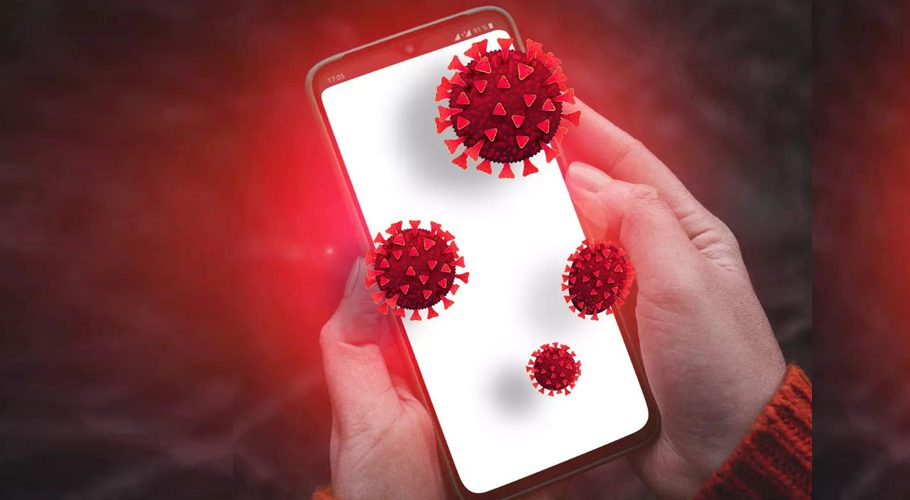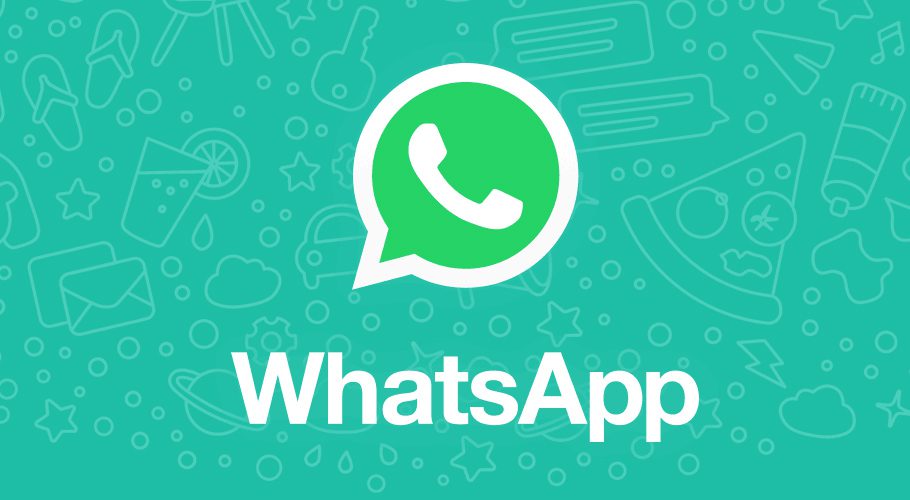![]() Follow Us on Google News
Follow Us on Google News
Scientists are working on a smartphone app that uses artificial intelligence (AI) to analyze a person’s voice in order to “accurately” diagnose Covid-19 infections.
In contrast to lateral flow tests used for diagnosis, whose accuracy varied depending on brand, the app’s unpublished research, which will be presented on Monday at the European Respiratory Society International Congress in Barcelona, claims that the AI model is accurate 89% of the time.
Researchers from Maastricht University in the Netherlands and other institutions claimed the software can be used in developing nations where PCR tests are pricey.
“These promising results suggest that simple voice recordings and fine-tuned AI algorithms can potentially achieve high precision in determining which patients have Covid-19 infection,” researchers said.
Scientists said the program can enable remote, virtual testing with a turnaround time of “less than a minute”.
Covid alters a person’s voice because it affects the upper respiratory system and vocal cords, researchers noted.
In the latest study, researchers looked into the viability of using AI to analyses voices in order to recognize the sickness.
A database of 893 audio samples from 4,352 healthy and unhealthy participants, 308 of whom had tested positive for Covid, was examined by researchers.
Participants entered basic data regarding their demographics, medical history, and smoking status after installing the app on their mobile phone.
After that, they were instructed to record some respiratory sounds by reading a brief sentence on the screen three times, coughing three times, and inhaling deeply three to five times.
In order to dissect the many characteristics of the individuals’ voices, researchers also employed a method known as Mel-spectrogram analysis, which recognizes distinct vocal traits like loudness, power, and fluctuation across time.
Researchers created many AI models and tested which one was most effective at categorizing Covid instances.
With an overall accuracy of 89%, they claimed that the Long-Short Term Memory (LSTM) model outperformed the competition.
Scientists, however, cautioned that substantial numbers of volunteers were required to validate their findings.
Only patients who are now highly engaged with the app, using it daily or weekly, can contribute the volume of data required for the AI modelling, the authors noted as one of the research’s constraints.































